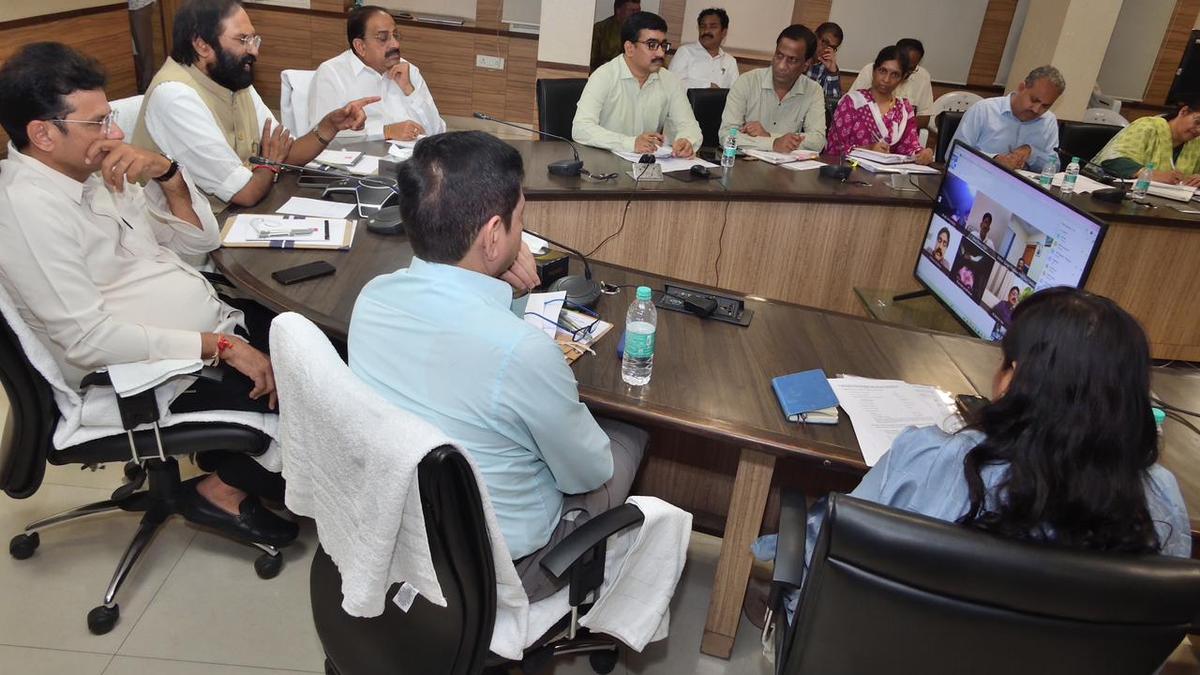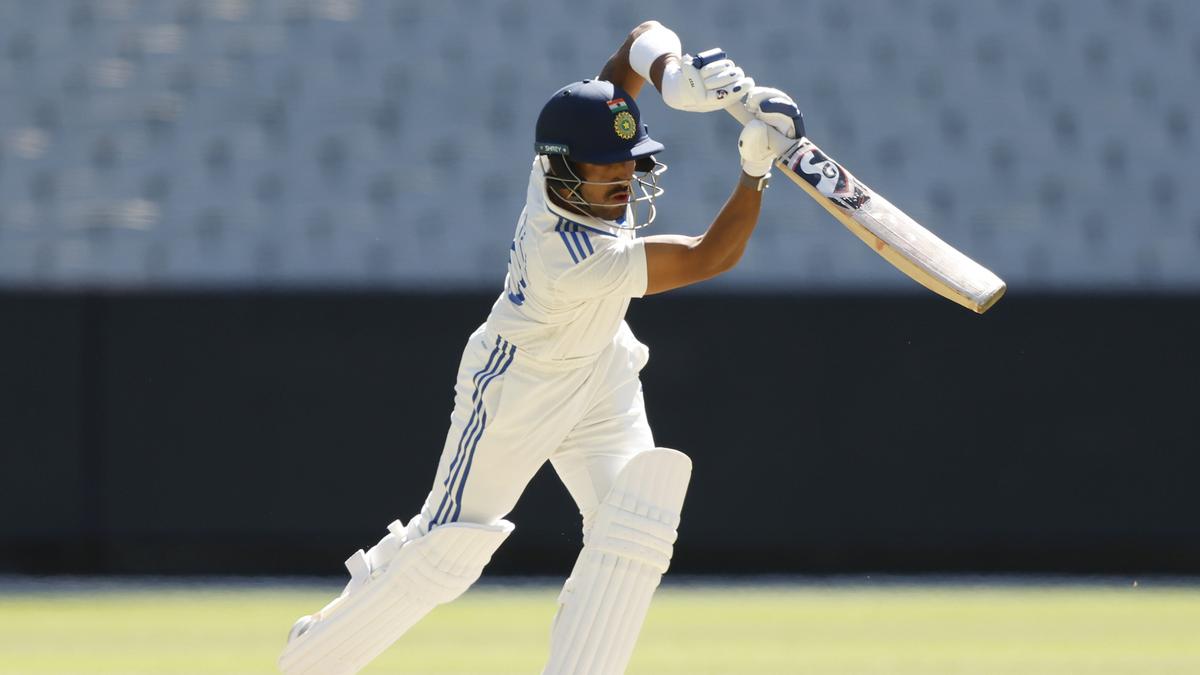Currently, across the length and breadth of India, only two states are ruled by women — Delhi and West Bengal. (Getty Image for Representation)
The highest number of women elected in an assembly poll was three for J&K in 2008, and for Haryana it was 13 in 2014
Official data from the Election Commission of India, analysed by News18, shows that since 1996, the number of women elected to Jammu and Kashmir and Haryana assemblies has been just a handful when compared to men.
Since 1996, just nine women MLAs made it to J&K assembly, while for Haryana the number is 50. It is important to note Jammu and Kashmir witnessed just four assembly polls since 1996 — 1996, 2002, 2008 and 2014. In Haryana, there have been six elections — 1996, 2000, 2005, 2009, 2014 and 2019.
During the same period, since 1996, 339 men were elected to J&K assembly while 490 males made it to the House in Haryana. So, in J&K, for every woman elected to the House, almost 38 men were elected and in Haryana, this share was almost 10 men for every woman.
The highest number of women elected in an assembly poll was three for J&K in 2008, and for Haryana it was 13 in 2014.
Both Haryana and J&K have not seen a full-term female chief minister. While no woman has ever sat on the chief minister’s chair in Haryana, the erstwhile state of J&K has seen Mehbooba Mufti as the CM for a little over two years between 2016 and 2018 after her father, who was in power then, passed away.
In J&K, since 1996, at least 142 women have contested polls and almost 80 per cent of these — 112 — lost deposits. Haryana was no better as out of 419 women who were in the fray since 1996, 298 lost deposits. Although the share was no better for men, the number of men elected to Houses were far more than women in each election.
Against the 419 women who tried their luck in Haryana, there were 6,300 men in the game. In Jammu and Kashmir, the gap was no better — 3,781 men contested the elections against 142 women.
There are 90 assembly seats in Haryana. In J&K, so far it was 87 till it increased to 90 in 2024.
While parties across the political spectrum talk about women empowerment, when it comes to giving space to women, they are seen to shy away. Currently, across the length and breadth of India, only two states are ruled by women — Delhi and West Bengal. While Mamata Banerjee is the head of the party that she started, Atishi in Delhi has got the position for a short duration until elections are held before February 2025.
Whether Haryana and J&K will witness a wind of change in 2024 can only be revealed after the results are declared on October 8.









